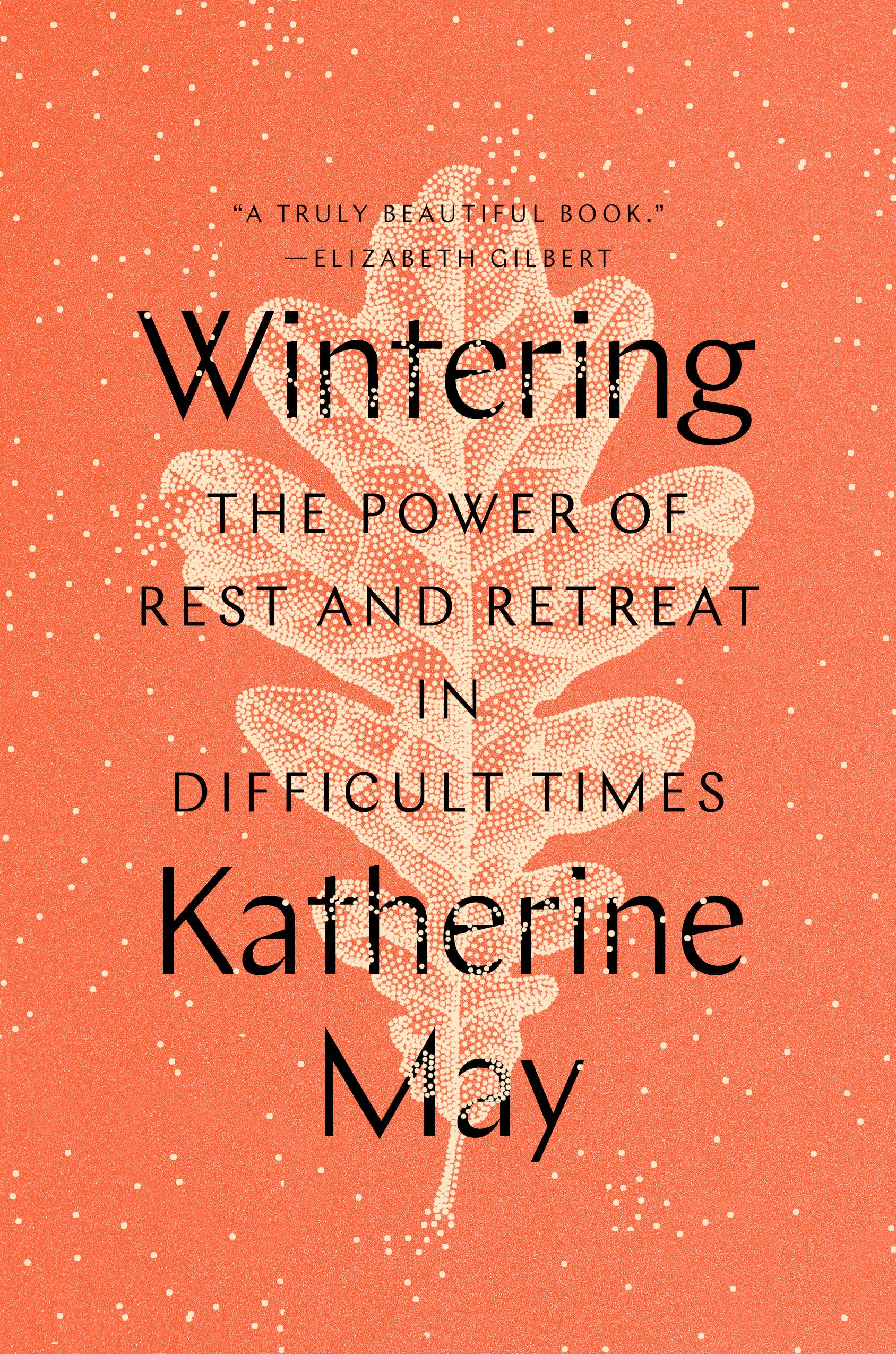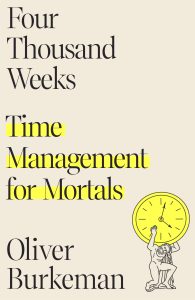
Katherine May’s Wintering is a quietly introspective book that invites readers to rethink how we approach the darker, quieter periods of our lives. It is part memoir, part meditation, and part lyrical essay about the value of slowing down, withdrawing, and finding peace when life forces us into stillness. Written with poetic grace, Wintering explores what happens when the world stops moving and we are left to face ourselves.
The book begins with a series of personal upheavals: May’s husband falls ill, her son stops attending school, and she herself is struggling with exhaustion and health issues that compel her to step back from her career. Instead of pushing forward, she allows herself to stop. In that space of rest, she rediscovers how the natural world can guide us through our emotional winters the seasons of loss, change, and retreat. Drawing on mythology, literature, and even the habits of hibernating animals, she offers a thoughtful framework for understanding life as cyclical rather than linear.
What makes Wintering so evocative is May’s ability to write beautifully about solitude and self-care without making it sound indulgent. Her prose is calm and luminous, capturing the hush of snow-covered fields, the ritual of solstice celebrations, and the quiet joy of cold-water swimming. She blends philosophy with personal narrative, quoting C.S. Lewis and Sylvia Plath alongside her own reflections on healing and renewal. It is the kind of book that feels like a deep breath after a long stretch of noise.
Yet, for all its grace, Wintering is not without its limits. Many readers, including reviewers like Babbs and Barbara K, have pointed out that May writes from a place of relative privilege. While her insights about rest and retreat are universal in theory, her ability to take months off work, travel to Iceland’s hot springs, or find solace in Nordic landscapes is not accessible to everyone. The book sometimes risks feeling detached from the harsher realities faced by those without the time, resources, or freedom to “winter” so gently.
Still, the beauty of Wintering lies in its central message rather than its logistics. May reminds us that we all experience seasons of withdrawal, even if our winters look different. Whether you find rest in nature, art, faith, or simple stillness, her words encourage acceptance rather than resistance. Life, she reminds us, is not a steady climb toward perpetual summer; it is a rhythm of growth and dormancy, of blooming and retreating.
Some chapters, such as her reflections on the Finnish sauna or her Arctic travels, may feel uneven or self-indulgent to certain readers. Others will find them poetic and resonant. What remains consistent throughout is the author’s honesty and her willingness to share vulnerability as a form of strength.
Wintering is not a self-help manual. It is a companion for those standing at the edge of change, unsure of how to begin again. It asks us to listen to our own rhythms, to rest when the world tells us to hurry, and to trust that spring always follows winter.
Rating: 4 out of 5 stars
If you are seeking a thoughtful, restorative read for difficult times, Katherine May’s Wintering offers quiet comfort and gentle wisdom.
👉 Get your copy on Amazon here.


